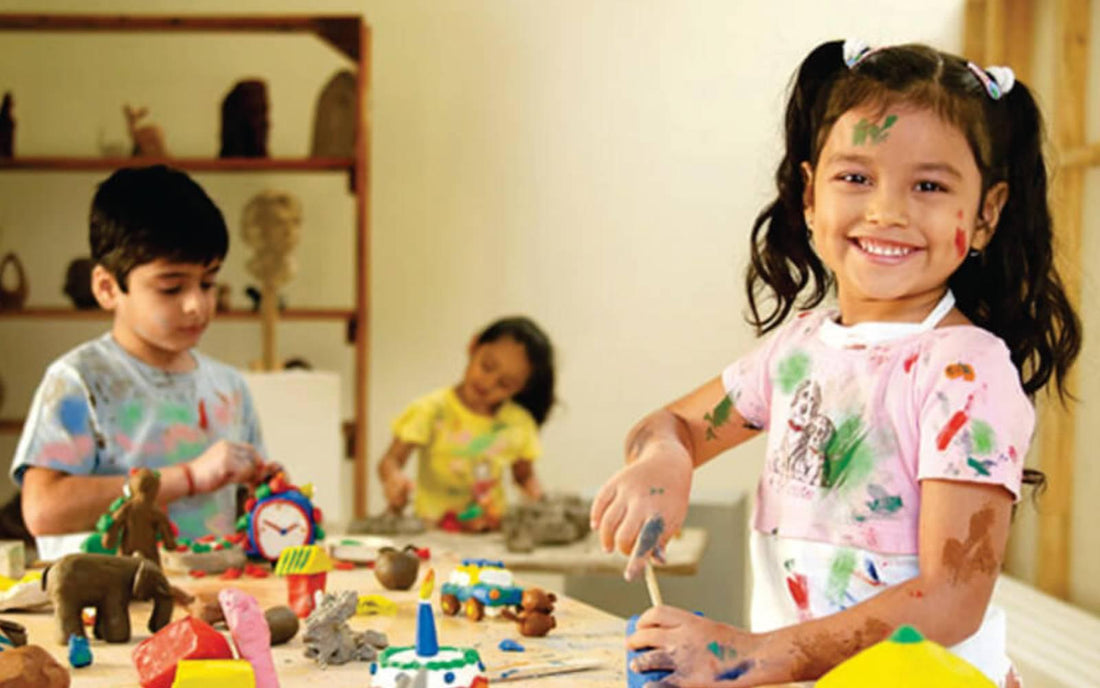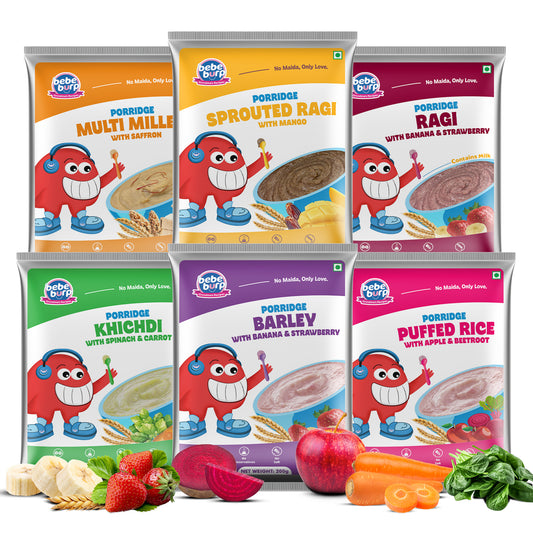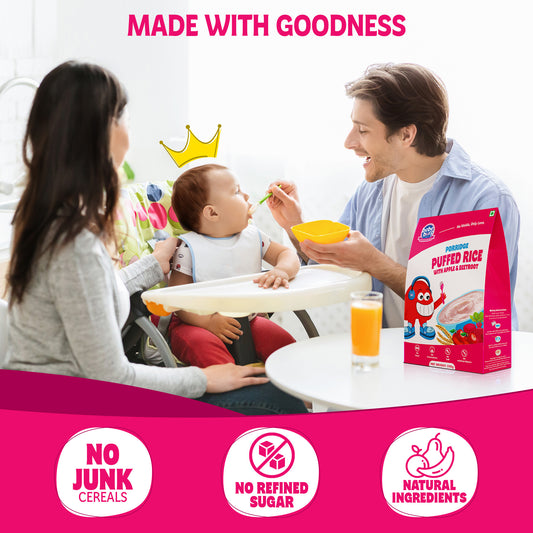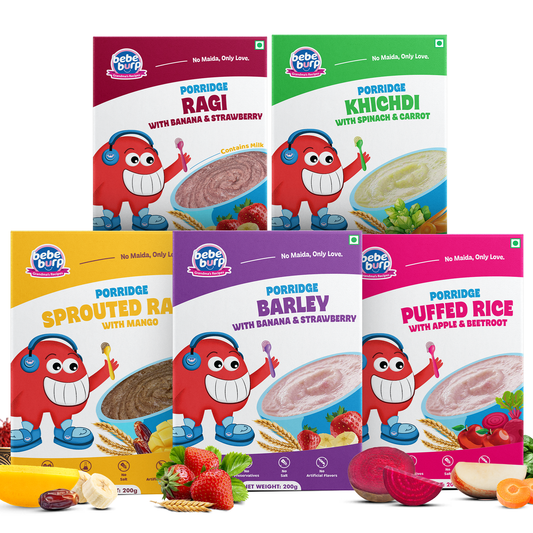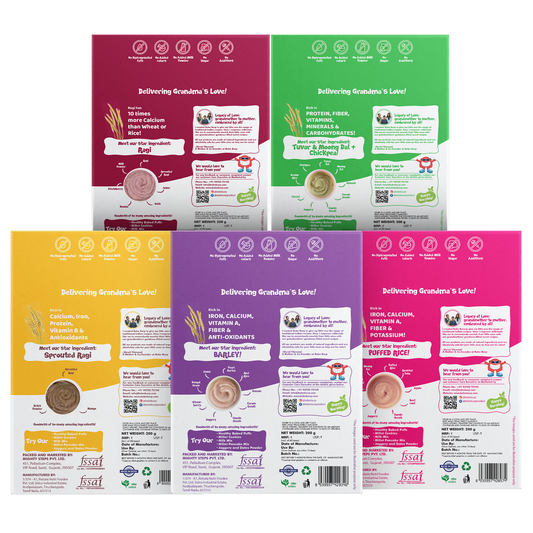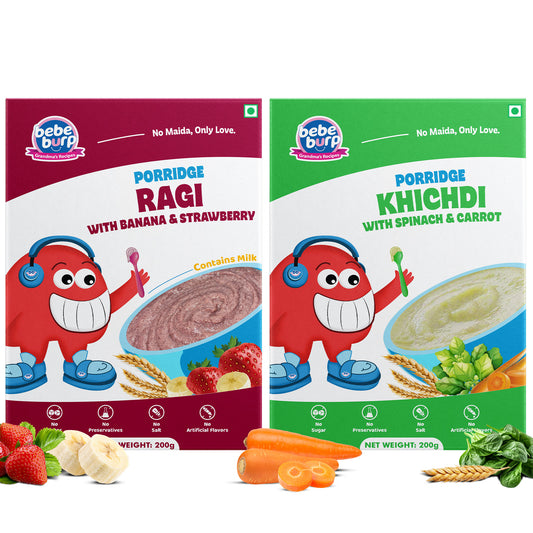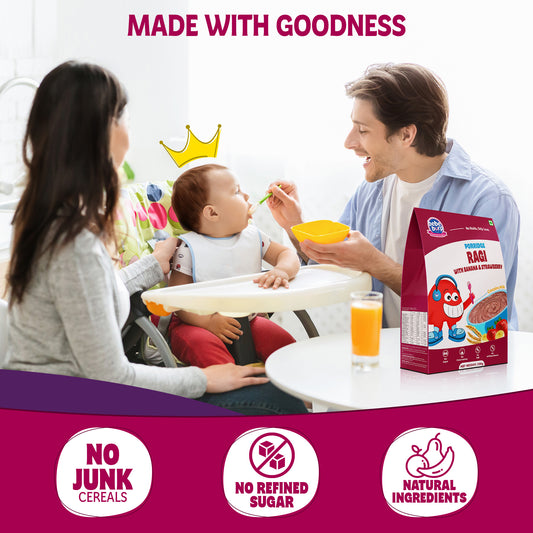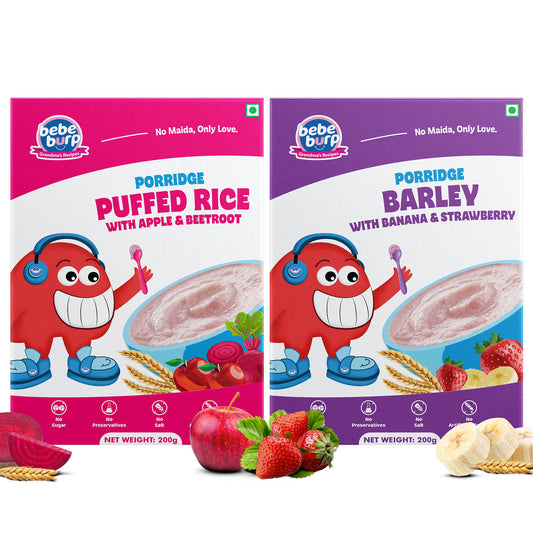A child’s ability to reason can start as young as 12-18 months. However, as they grow, logical reasoning becomes more of a natural ability. The growth of this skill varies with every child as there are different factors in play that activate this skill.
As toddlers start understanding colours and shapes, identify pictures, faces, and touch, and begin walking, they encounter a whole different universe that is full of learning and engagement. However, they are not advanced logical thinkers at this stage, as their preferences at this time are solely based on what attracts them.
What Is Logical Reasoning and Why Is It Important?
Logical reason is the process where one draws conclusions based on logical inferences that can be drawn from visuals, smells, sounds, sequences, attributes, and relationships. This skill, which is going to be used in your child’s everyday life and his academics, is one that is important to nurture.
Children learn through observing. They form logic based on what they see around them, even if they can’t communicate properly. For instance, if your toddler’s hands get dirty, he will eventually understand that his hands are dirty and start looking for ways to get rid of that dirt. Hence, it is important for children to face challenges and overcome those through logical thinking. That is why abstract thinking in toddlers requires time and effort from the parents’ side as well.
In the process of building logical thinking, nutrition plays the role of a backstage helper. If you give your child the right amount of nutrition, the skill development processes will also amplify.
Activities to Help Toddlers Develop Logical Reasoning Skills :
When toddlers get to the stage of asking ‘why’, it becomes imperative for parents to start engaging with them by asking questions. The right questions will trigger the right amount of curiosity. Check out these activity ideas to help your child develop his logical reasoning skills.
- Pretend Play
Imaginative play gets a child’s logical thinking activated by allowing him to connect what’s in his mind with the real world. When they learn to pretend, it means they start understanding objects, symbols, and their uses. Through this, they can use their imagination to create something new.
Activity 1:
Give your child different props, like clothing, paper, blocks, toys, pillows, cardboard boxes, and other child-friendly items. The story he weaves using given objects will help in his logical reasoning.
- Sorting and Categorising
Sorting is a great skill for building logical reasoning. Give your child colourful toys and objects of different shapes and sizes and ask him to sort and categorise them. You can do this activity with clothes as well.
Activity 2:
Let your child accompany you as you do your laundry and ask him to help you with sorting white coloured clothes from the pile of clothes.
Activity 3:
Give your child two boxes and ask him to put his animal toys in one box and Legos in the other box.
Activity 4:
Give your child colourful beads and ask him to sort the basis by their size. Ask him to put the bigger beads in one box and smaller ones in another.
Sorting is a great activity that doesn’t just help with developing logical reasoning, it also improves focus and memory in kids.
- Question Bank
As mentioned earlier, engaging with your child every single day is very important. Children between 2 to 6 years may have a lot of questions. This is only the start of their curiosity. Answering your child clearly and patiently will help his logical reasoning skills to sharpen.
Activity 5:
This activity will change in different scenarios.
For example, if your child drapes a jacket over a stuffed doggy toy, then ask him questions like: What is the doggy doing? Is the doggy a doctor? Is the doggy happy? Give your child time to think, listen to his answers carefully and engage with him to build self-confidence and reasoning skills.
Activity 6:
During your child’s daily routine, ask him questions related to whatever he does or wherever he is at. Ask him what he is eating, ask him to make facial expressions, ask him questions in yes or no form, etc. For example, “What is it you’re eating?”, “Thumbs up if you like cheese!” This encourages your child to be present in the moment, understanding every action and grasping each experience. This, in turn, helps his brain process information regularly and create associations and inferences based on his observation.
- Nutrition Power Play
Eating habits and the right nutrition base the foundation for every child’s physical, mental, and socio-emotional development. Proper nutrition should be a daily component of your child’s daily routine. Foods that have nutrients like phospholipids, choline, folic acid, ARA, DHA, iron, etc., should be included in his diet.
As a parent, there are phases when your child is being fussy about certain foods. Making mealtime fun and engaging can help with not just fussiness but can also give your child’s brain that added boost!
Activity 7:
Show your child different colourful vegetables and fruits and make happy faces and sounds while introducing them to him.
For example, “Mmm…who wants this juicy, red apple?” This will make your child think that the foods you are making happy faces for are very good. You can give your little one options before serving but ensure that you give him just two options, and both are healthy ones. Allowing him to pick one will boost his confidence and help him develop healthy habits that are lifelong. Healthy eating acts as fuel when nurturing logical reasoning skills in toddlers.
- Sequencing
This activity will help your child to acknowledge and understand the tasks at hand. While listening to your instructions, he will act and arrange the objects in accordance. Their sole focus will be on identifying objects basis your instructions.
Activity 8:
To play this game, you will need 4-5 toys, stuffed animals, fruits, or anything that is child-friendly. Give him a list of instructions to follow.
For example, you have a stuffed bunny, a car, a stuffed elephant, a doll, and a yellow block. Now, give your child instructions like, “Make a train with all your toys and put the toy with wheels first”, “Place the bunny with big ears next to the car”, and “Place the yellow colour toy at last”. This will help your child focus on each instruction and sharpen his logical skills.
- Treasure Hunting
It is essential to play games with children that will not only improve their logical thinking skills but also improve their motor skills.
Activity 9 :
Cut out colourful, large x-shapes and lay them in a path leading to the end of your house. At every few crosses away, place healthy treats your kid likes, so he stays motivated throughout the game and follows all the x’s.
Children have the ability of logical thinking, but you can boost that ability by engaging with them, asking the right questions, and being patient while they apply logic using trial and error. The above-mentioned activities are designed in a way that will help your child enhance his logical thinking skills. While these activities can help you enhance your toddler’s reasoning skills, you must also consult your paediatrician and gain thorough guidance side by side, as each child has a different pace of gaining knowledge.
Tags : organic baby food, baby food , instant baby food, baby food 6 months, baby food at 4 months, baby food at 4 months, baby food at 4 months, baby food healthy, gerber, nestle, Holle, Evermaa, slurpfarm, cookies, cookies recepie, oatmeal cookies, ragi cookies, cookies near me, baby cookies, baby biscuits Website tahgs : Keyword 6 month baby food chart, baby food, 7 months baby food, 7 months baby food chart, 7 month baby food chart, 6 month baby food, 10 months baby food, 1 year baby food, baby food chart, 10 months baby food chart, farex baby food, baby food recipes 6-8 months, baby food product, 6 month old baby food, 4 month baby food, 8 month baby food chart, 1 year baby food chart, 11 month baby food, 8 month baby food recipes, 5 months baby food chart, protein powder, whey protein powder, best protein powder, amway protein powder, best protein powder in india, women protein powder, protein powder for men, b protein powder, nutrilite protein powder, oziva protein powder, d protein powder, ensure protein powder, protein powder for weight gain, best protein powder for weight gain, vestige protein powder, protein powder for women, herbalife protein powder, protein powder for weight loss, porridge, porridge meaning, porridge meaning in hindi, porridge oats, porridge pronunciation, rice porridge, porridge in hindi, ragi porridge, what is porridge, porridge meaning in english, porridge meaning in tamil, porridge meaning in telugu, porridge meaning in bengali, porridge recipe, oatmeal porridge.

